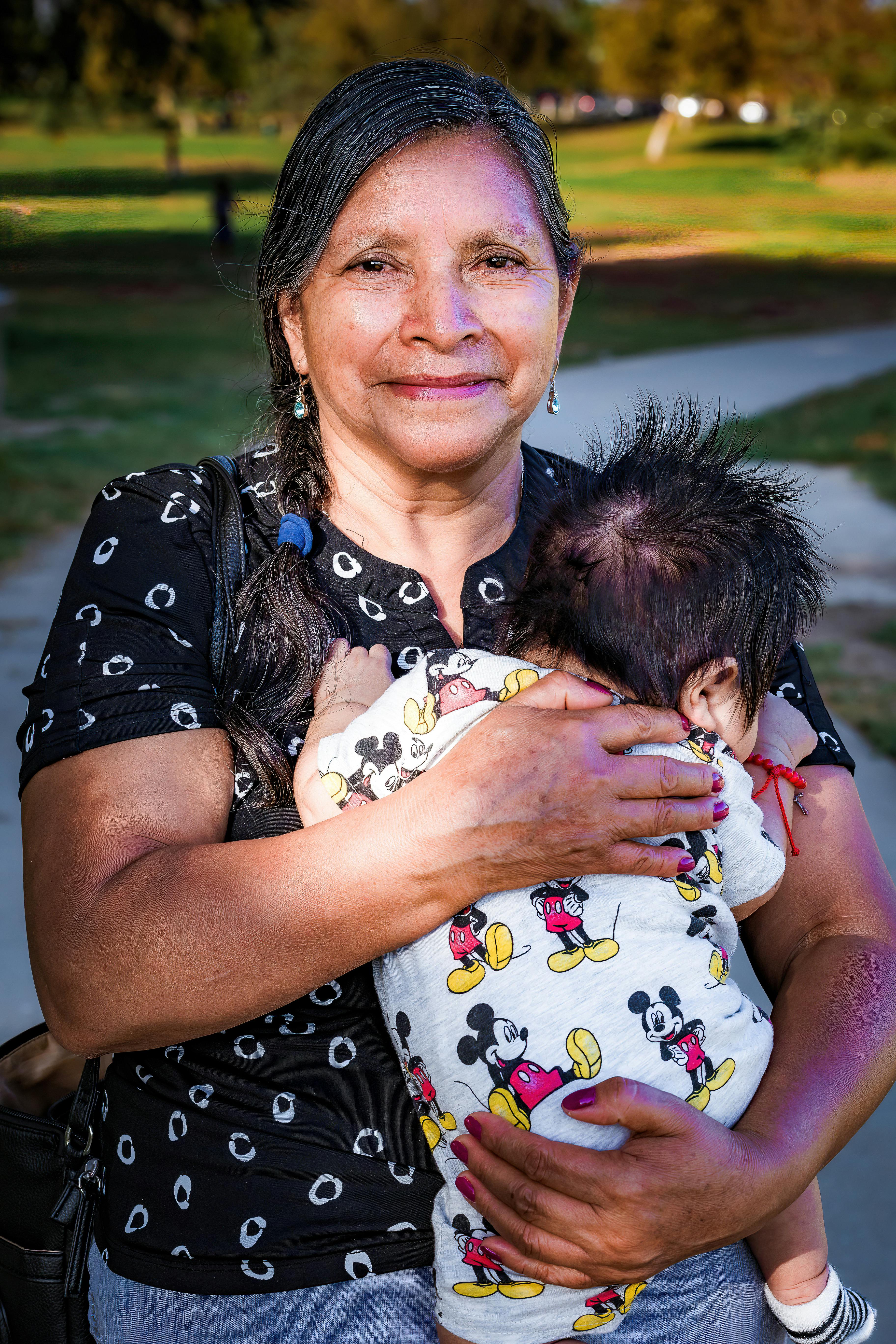Table of Contents
Safety First
One of the most important aspects of childcare is ensuring the safety of the children in your care. This includes being aware of potential hazards in the home, such as sharp objects, toxic substances, and unsafe areas. It is essential to familiarize yourself with the layout of the home and to always keep a close eye on the children to prevent accidents. Additionally, it is important to know basic first aid techniques in case of emergencies, such as CPR and how to treat minor injuries like cuts and bruises.
On-Demand Childcare in Your Neighborhood
Book a Sitter
Child Development
Understanding child development is crucial for providing appropriate care for children of different ages. It is important to know the typical behaviors and milestones for each age group in order to provide appropriate supervision and support. For example, younger children may require more hands-on care and supervision, while older children may need more independence and guidance. By being aware of the specific needs and abilities of each child, you can tailor your care to provide the best possible experience for them.
Basic Childcare Skills
As a babysitter, there are a variety of basic childcare skills that are essential to providing competent care. This includes basic tasks such as feeding, diaper changing, and putting children to bed. It is important to be patient and nurturing in your interactions with the children, as well as to be able to set boundaries and enforce rules when necessary. Additionally, it is helpful to have a repertoire of age-appropriate activities and games to keep the children entertained and engaged during your time together.

Communication and Relationship Building
Building a positive relationship with the children in your care is essential for a successful babysitting experience. It is important to communicate effectively with the children, listening to their needs and concerns and providing them with emotional support when necessary. It is also important to establish open lines of communication with the parents, keeping them informed of any important updates or concerns.
By building strong relationships with both the children and the parents, you can ensure a positive and trusting environment for everyone involved.
Emergency Preparedness
While no one wants to think about emergencies happening, it is important to be prepared in case they do. As a babysitter, it is crucial to have a plan in place for emergencies such as fires, natural disasters, or medical emergencies. This includes knowing how to safely evacuate the home, who to contact in case of emergencies, and where to find important medical information such as allergies or medications. By being proactive and prepared, you can ensure the safety and well-being of the children in your care in any situation.
In conclusion, babysitting is a unique and rewarding experience that requires a great deal of responsibility and care. By being well-prepared and knowledgeable in essential childcare basics, you can provide the best possible care for the children in your charge. By prioritizing safety, understanding child development, honing basic childcare skills, building strong relationships, and being prepared for emergencies, you can ensure a positive and successful babysitting experience for both you and the children you care for.











